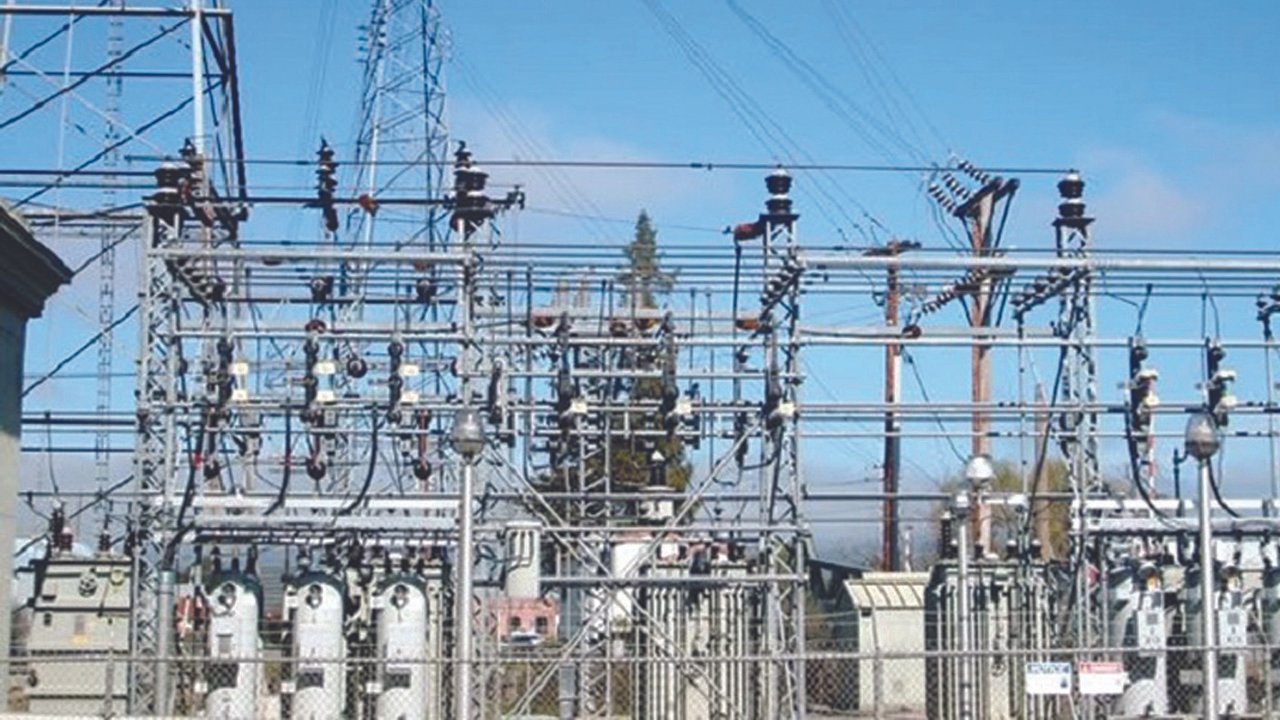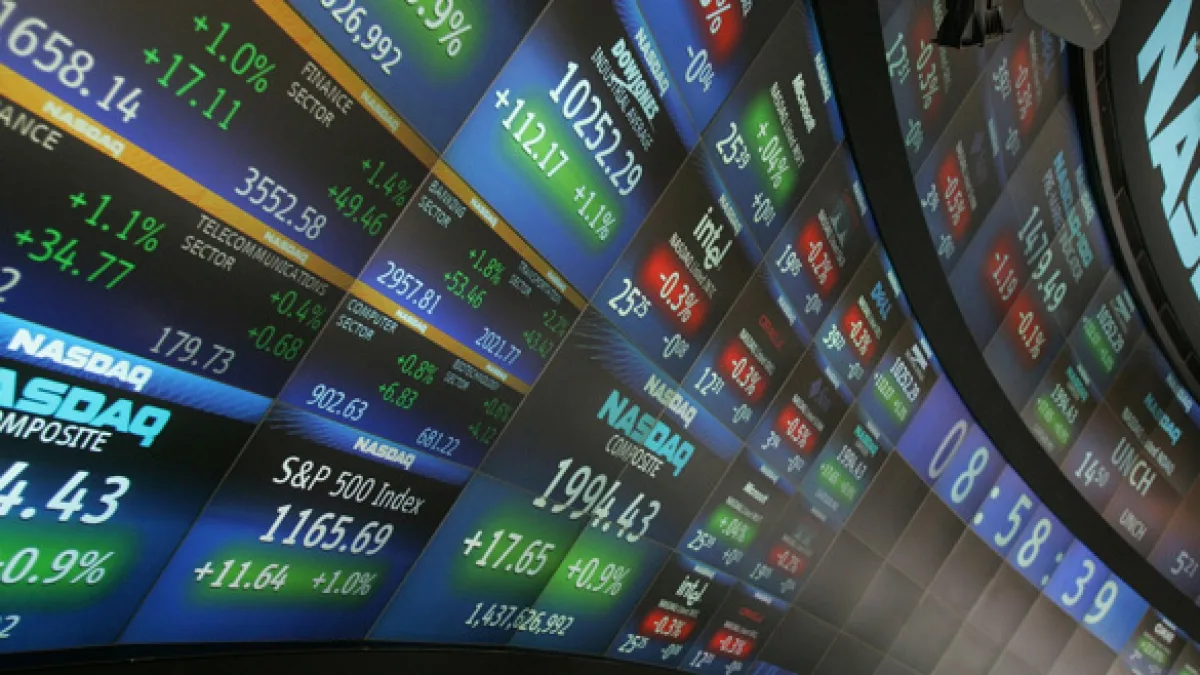In a bid to reduce reliance on subsidies and alleviate pressure on public finances, Nigeria’s electricity regulator has given the green light for an increase in tariffs targeting higher-consuming consumers. The move comes as part of the government’s efforts to gradually phase out subsidies and promote economic sustainability.
According to Musiliu Oseni, the vice chairman of the Nigerian Electricity Regulatory Commission (NERC), the approved rate review will see a significant jump from the previous maximum tariff of 68 naira per kilowatt hour to 225 naira per kilowatt hour. This adjustment applies to nearly 15 percent of the customer base in the Nigerian electricity supply industry and will be implemented immediately.
NERC plans to categorize customers based on data provided by electricity distributors, ensuring a targeted approach to the tariff adjustments.
Nigeria, with its status as Africa’s most populous nation, has long grappled with chronic power shortages, impeding economic growth. The decision to remove electricity subsidies aligns with President Bola Tinubu’s reform agenda, following previous measures such as the elimination of fuel subsidies and currency devaluation.
While these reforms aim to stimulate growth, they have also led to significant inflation and exacerbated the cost of living, prompting concerns among the populace.
The World Bank has endorsed subsidy cuts as a means to bolster Nigeria’s public finances. However, the country’s electricity sector faces multifaceted challenges, including an unreliable grid, gas shortages, high debt, and infrastructure vandalism. Despite having substantial installed capacity, Nigeria struggles to meet its power demands, forcing many citizens to rely on costly diesel generators.
Addressing these issues requires not only tariff adjustments but also comprehensive reforms to attract investment, improve infrastructure, and ensure financial viability throughout the electricity supply chain.



